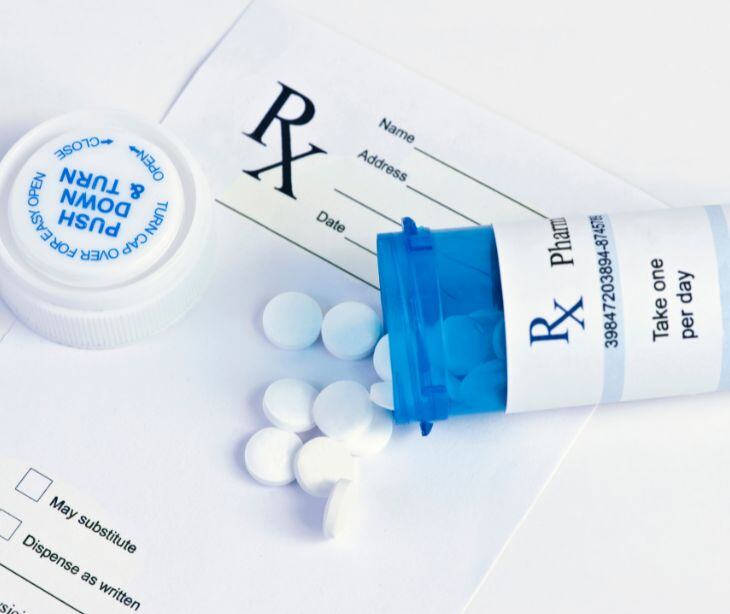2 min read
How email contributes to mental health medication management
Kirsten Peremore
July 01, 2024

With email, mental healthcare providers can swiftly send detailed medication instructions, timely updates about changes in treatment plans, and quick responses to any patient inquiries.
The role of communication management in mental health treatment efficacy
A journal article published in the Psychiatric Services provides, “Researchers have noted that many clients approach medications like naïve scientists conducting a lay assessment of medication effects—not just on symptoms but on personal identity and quality of life as well. In this respect, people with psychiatric disabilities are very similar to other groups of people with long-term disorders.”
Medication management is an approach to overseeing and administering medications to make sure that they are used safely and effectively. This makes it a beneficial practice for psychiatric medication which often comes with complex side effects. It makes it all the more necessary that everyone involved—including doctors, nurses, patients, and family members—is on the same page regarding the treatment plan and understands the reasons behind the use of each medication.
Transparent and open communication allows for a better understanding of how medications impact a patient's emotions, behaviors, and overall wellness. For example, if a patient is experiencing uncomfortable side effects, they must feel comfortable enough to discuss these issues openly with their mental healthcare providers.
The components of a medication management plan
- Patient information: Includes basic patient details like name, age, allergies, and medical history for personalized medication management.
- Medication list: A detailed list of all medications the patient is currently taking, including dosages, administration times, and the purpose of each medication.
- Medication schedules: Clear schedules indicating when each medication should be taken, in what dosage, and under what conditions (e.g., with food, on an empty stomach).
- Goals of therapy: Clearly defined therapeutic outcomes expected from the medication regimen, tailored to the individual patient’s health needs.
- Monitoring parameters: Specific criteria for monitoring the effectiveness of the medication and any side effects, including frequency of follow-up visits or tests.
- Communication strategy: Detailed plan for how communication will be handled, including frequency of updates, methods (e.g., email, phone calls), and key contact points for patient questions.
- Adjustment protocols: Guidelines on how medications might be adjusted based on effectiveness, side effects, or patient feedback.
How does HIPAA compliant email act as the best way to communicate during medication management
Using email, healthcare professionals can send detailed medication schedules, updates on changes to treatment plans, and responses to patient inquiries. This ensures that patients have continuous access to information, which they can review multiple times if needed—this is particularly advantageous for managing complex medication regimens.
The considerations when using HIPAA compliant email include:
- Use a secure HIPAA compliant email platform like Paubox to protect patient privacy.
- Set up automated systems to send email alerts for dose adjustments based on digital monitoring tools or lab results.
- During transitions of care, such as hospital discharge, email notifications to both patients and their primary care providers about changes to their medication lists should be automated to prevent discrepancies and errors.
- Before sharing any sensitive information, use emails to obtain and document explicit patient consent, ensuring compliance with legal and ethical standards.
- Include links in emails that allow patients to schedule live consultations with pharmacists or mental healthcare providers to discuss their medications.
- Allow patients to request prescription renewals via email, and set up a protocol for verification and processing by mental healthcare providers to streamline and expedite the renewal process.
See also: Top 12 HIPAA compliant email services
FAQs
What is the transition of care?
The transition of care refers to the movement of a patient from one healthcare setting or provider to another.
Why do medication management emails have to be HIPAA compliant?
This is necessary in order to protect patient privacy and secure sensitive health information from unauthorized access or breaches.
What are examples of treatment goals?
Examples of treatment goals include reducing the severity of symptoms, improving daily functioning, preventing complications, and maintaining overall health stability.
Subscribe to Paubox Weekly
Every Friday we'll bring you the most important news from Paubox. Our aim is to make you smarter, faster.



